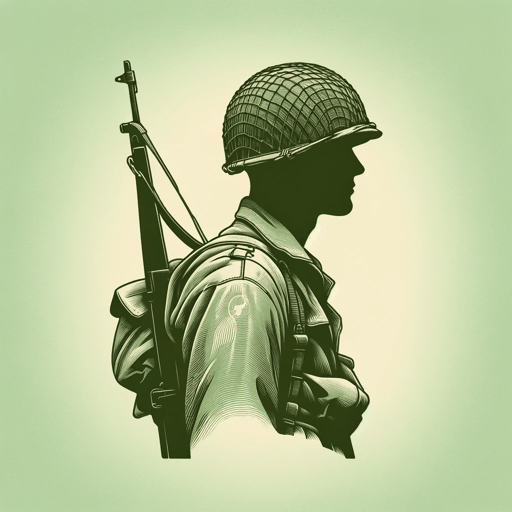62 pages • 2 hours read
Hampton SidesGhost Soldiers: The Epic Account of World War II's Greatest Rescue Mission
Nonfiction | Book | Adult | Published in 2001A modern alternative to SparkNotes and CliffsNotes, SuperSummary offers high-quality Study Guides with detailed chapter summaries and analysis of major themes, characters, and more.
Important Quotes
“The trench smelled very strongly of gas. There was an explosion and flames shot through the place. Some of the guys were moaning [...] I fell over the cliff and somehow grabbed on to a small tree, which broke my fall and kept me from getting injured. There were Japanese soldiers posted down on the beach. I buried myself in a pile of garbage and coconut husks. I kept working my way under until I got fairly well covered up.”
(Prologue, Pages 28-29)
These are the words of Army Private First Class, Eugene Nielsen, a survivor of the Palawan massacre that occurred on December 14, 1944 (See: Background). The quotation is part of his January 7, 1945, interrogation by the US Army’s intelligence. The Japanese massacred 139 POWs anticipating their liberation by the advancing US troops. The news of this massacre served as one of the key motivating factors for liberating the Cabanatuan POW camp—the subject of this book. Thus, the rescue was a humanitarian mission, not a strategic one.
“Defeat had come slowly, steadily, over a period of four months. As in all great sieges, the fall of Bataan was not so much an emphatic decision of arms as it was an epic drawdown marked by increments of physical, spiritual, and material depletion. As John Hersey wrote at the time, the truth had come to the men of Bataan ‘in mean little doses.’”
(Book 1, Chapter 1, Page 55)
The American surrender in the Battle of Bataan in April 1942 in the Philippines took longer than the invading Japanese forces anticipated. The US troops held out until it became clear that President Franklin D. Roosevelt was prioritizing the European war theater over the Philippines, and General McArthur did not receive any substantial help at that time. For this reason, many of the US troops were in poor shape physically and psychologically. Indeed, their health status contributed to the high death toll during the subsequent Bataan Death March. John Hersey was an American journalist who wrote Men on Bataan (1942), which discusses this topic in detail.
Related Titles
By Hampton Sides



